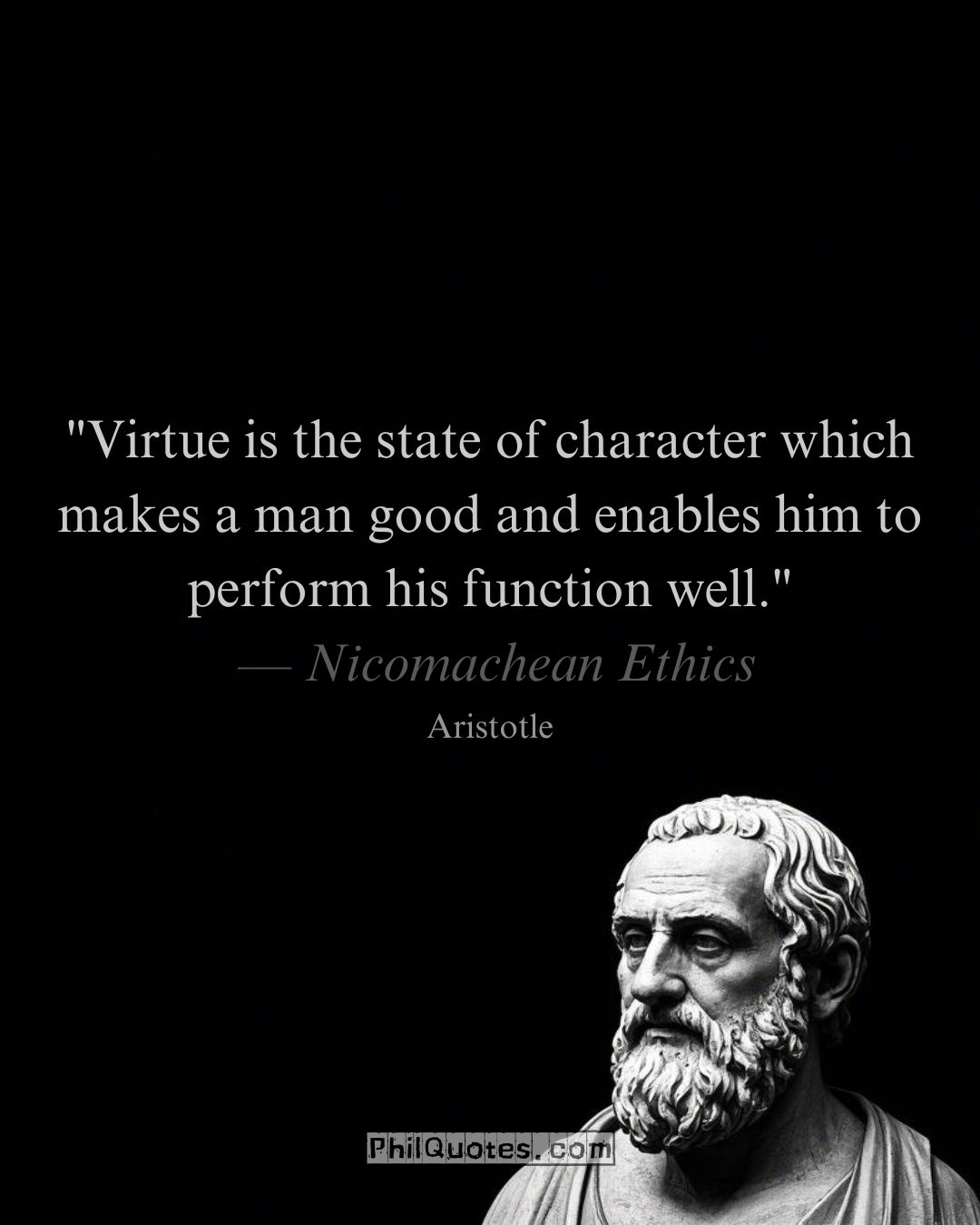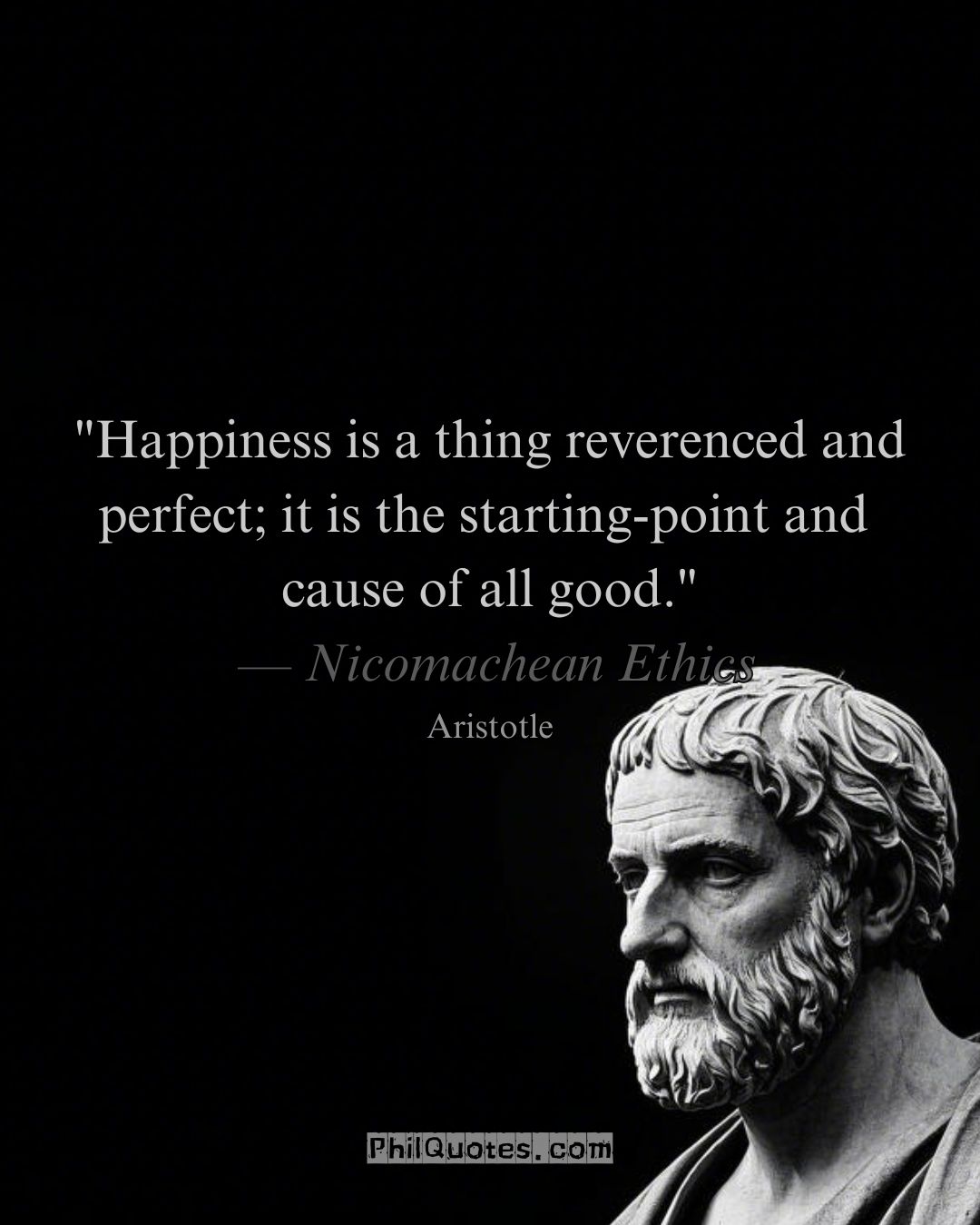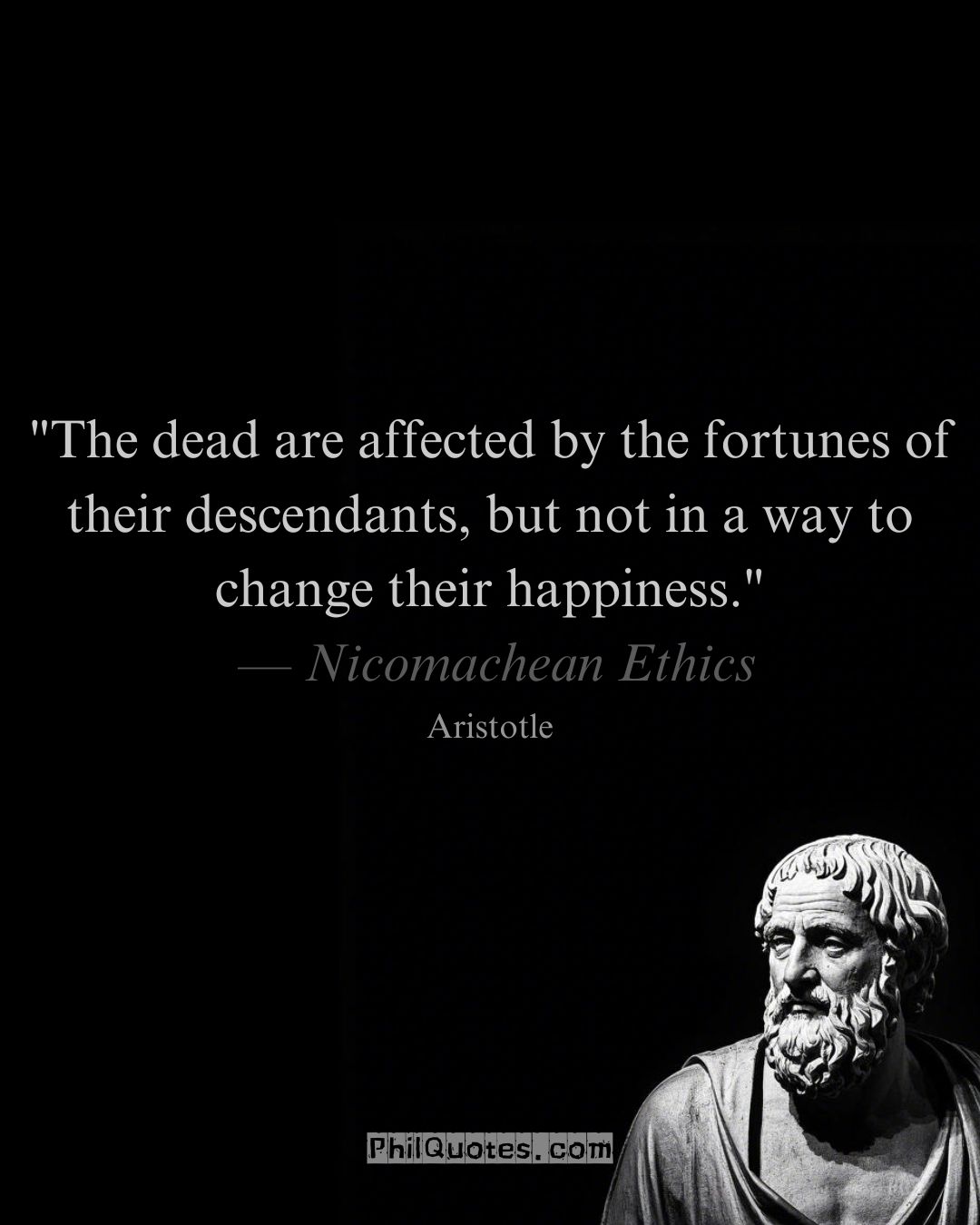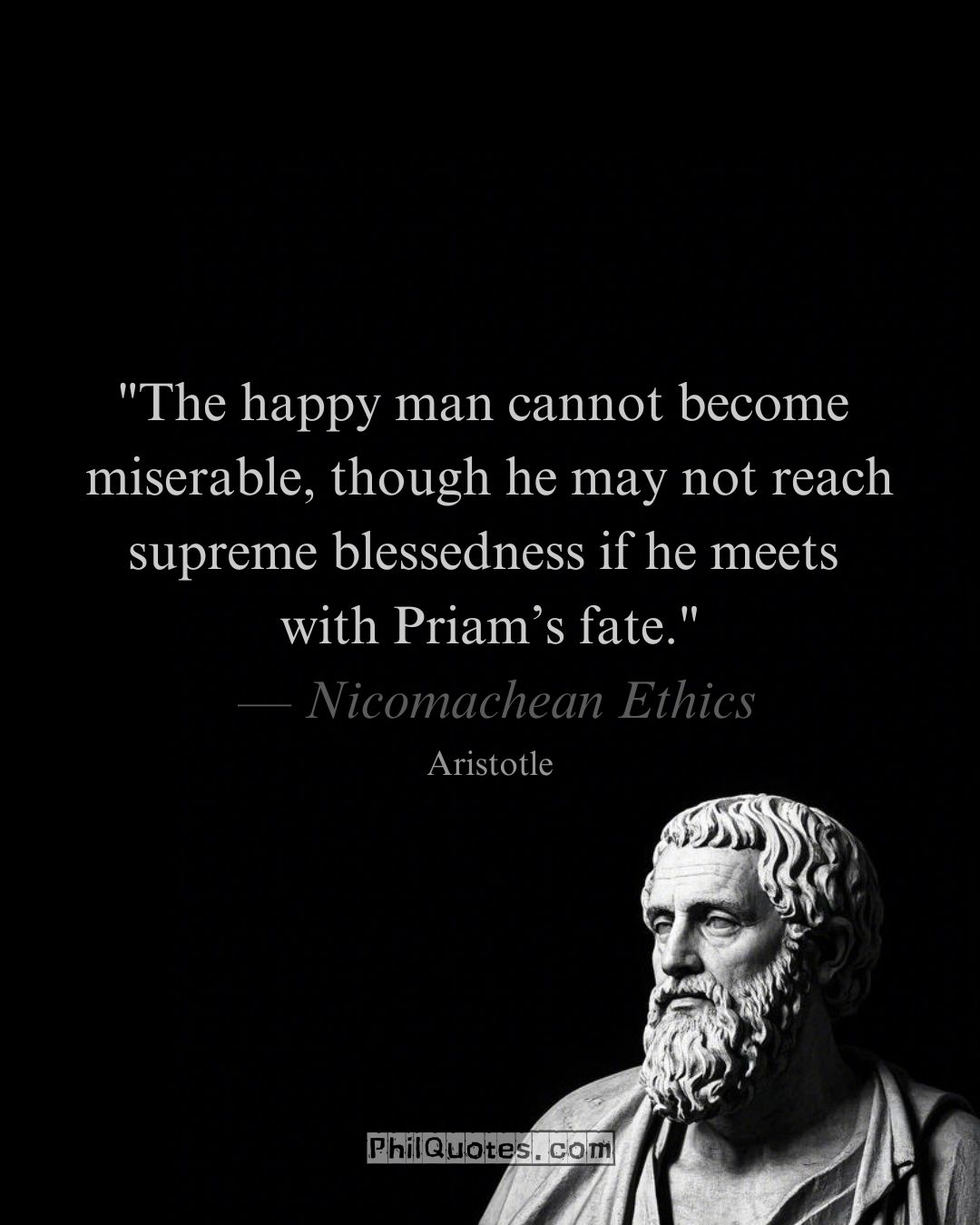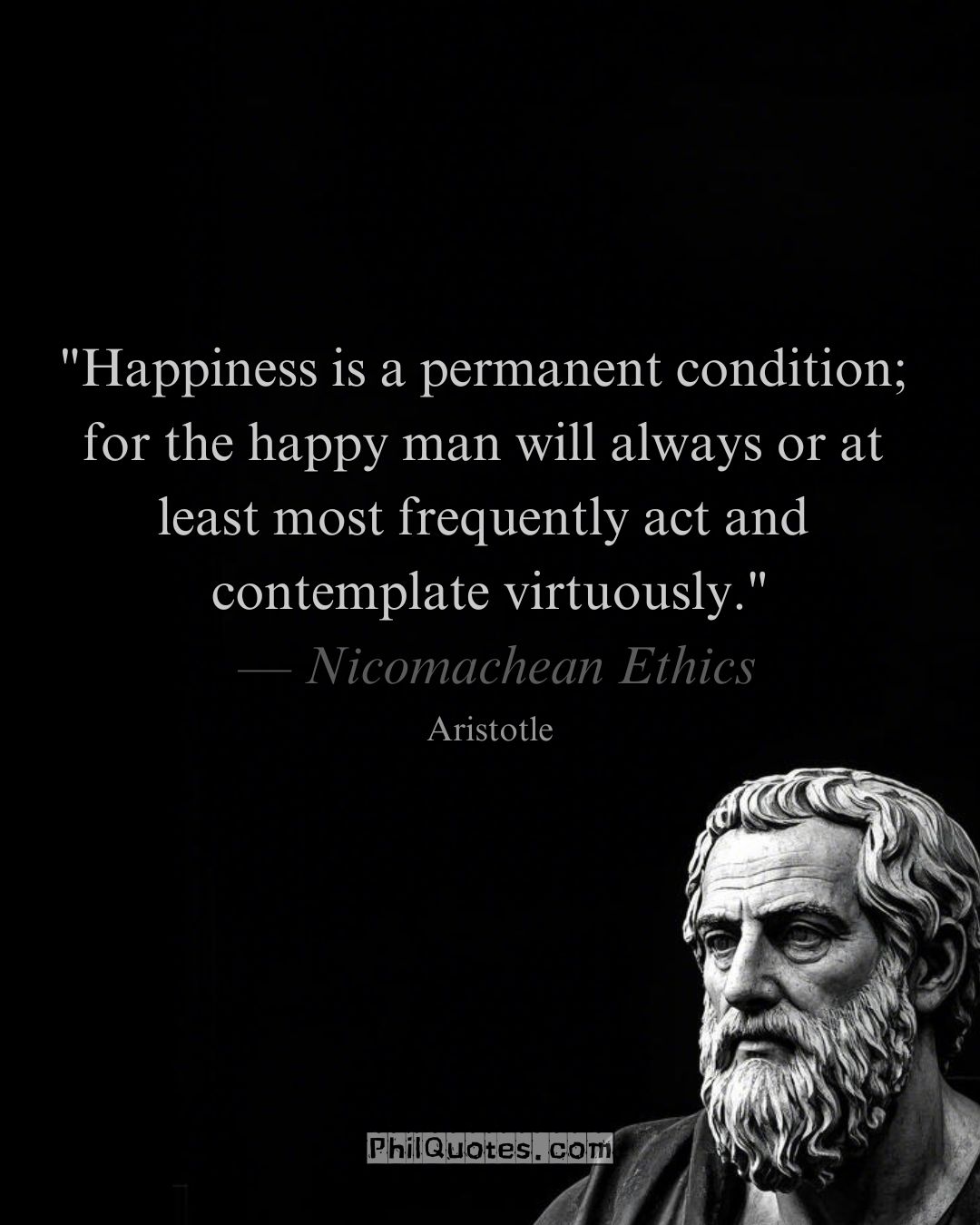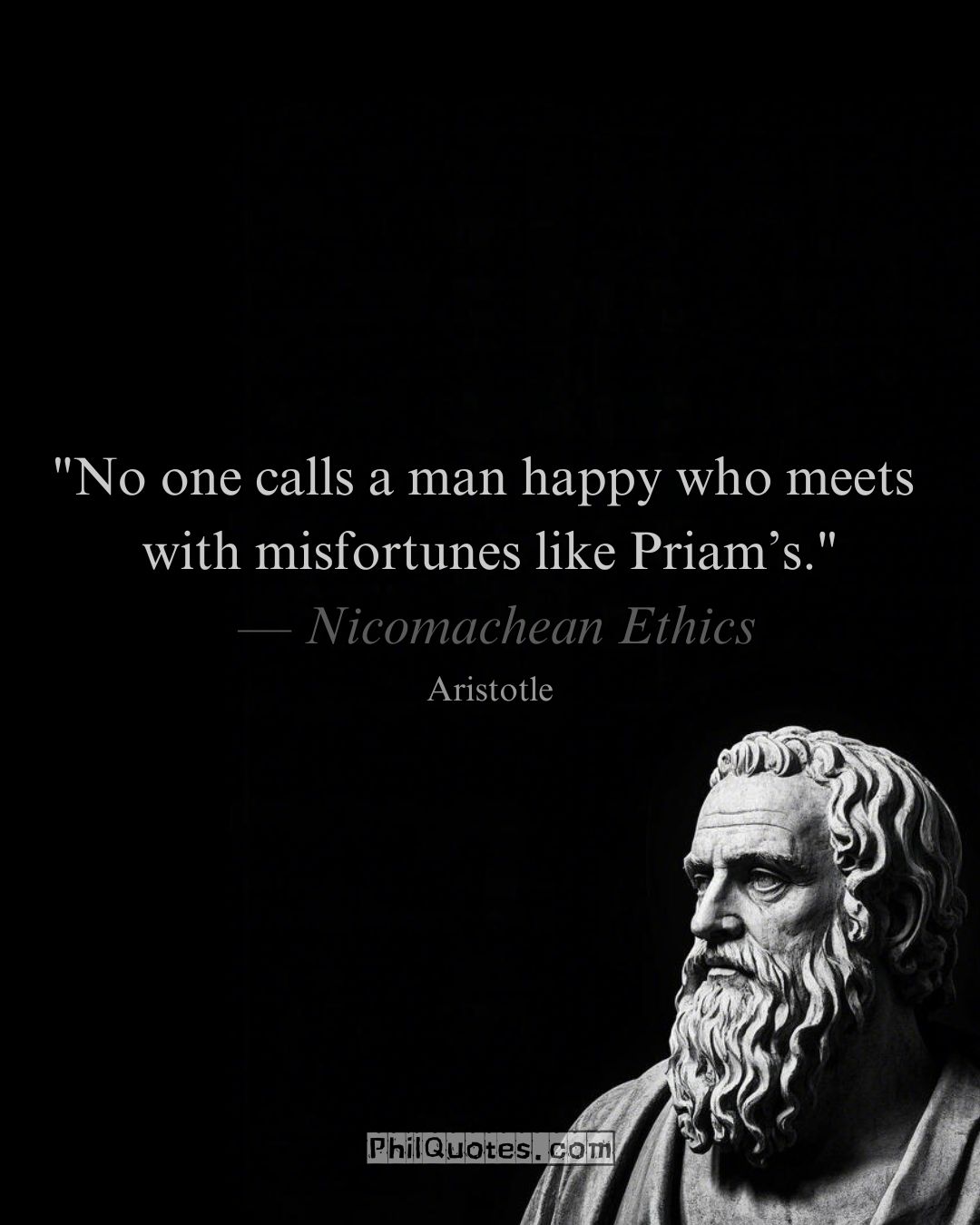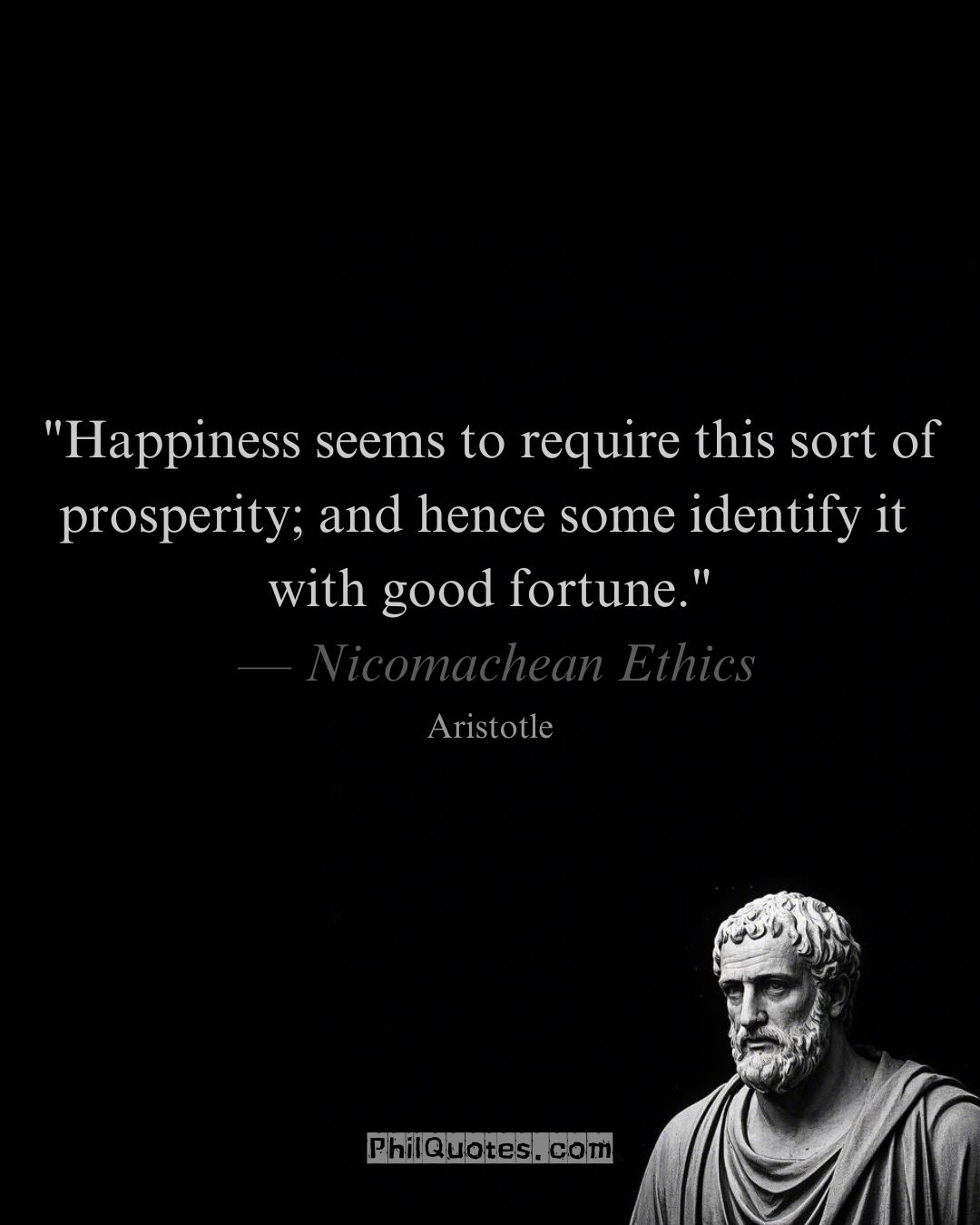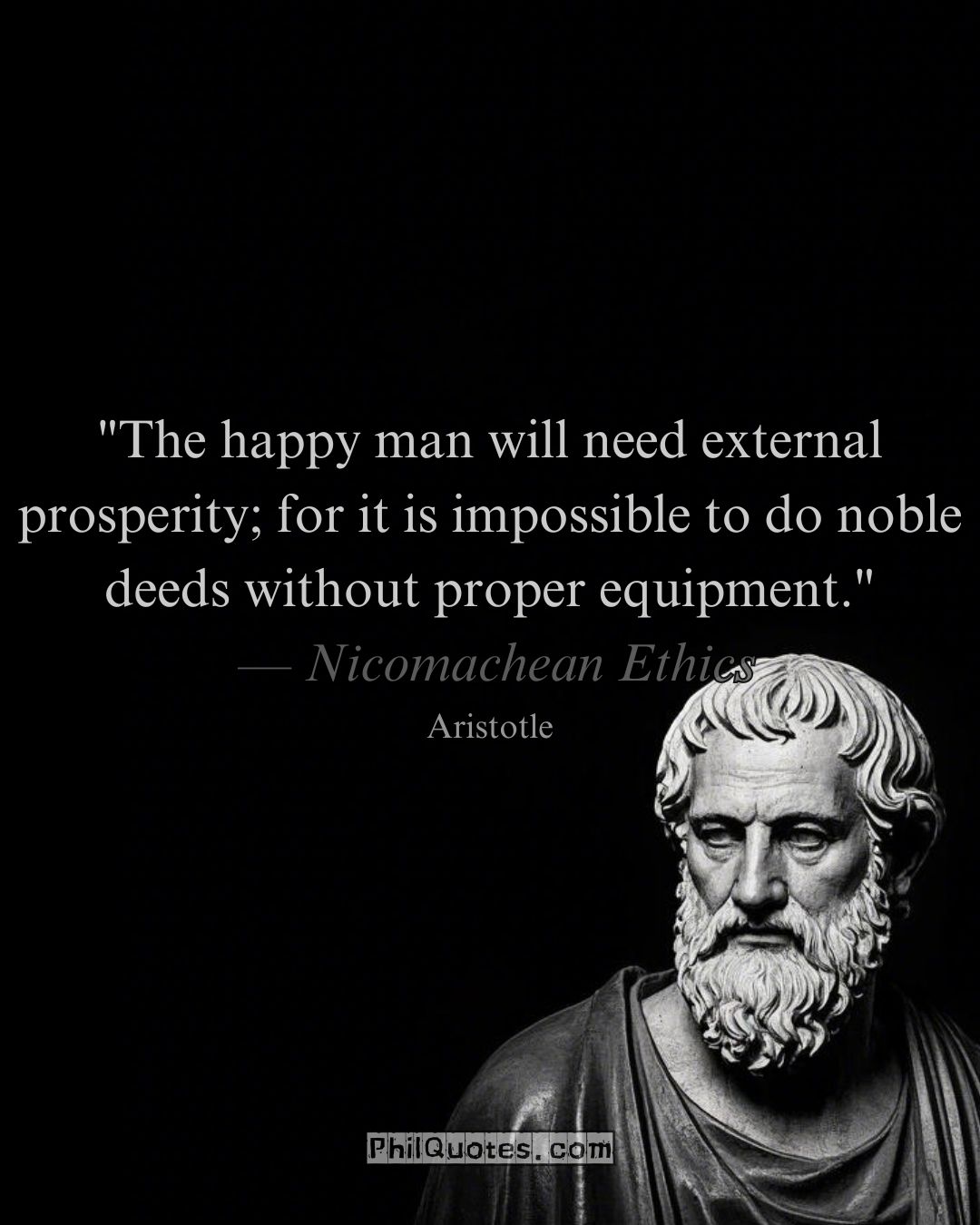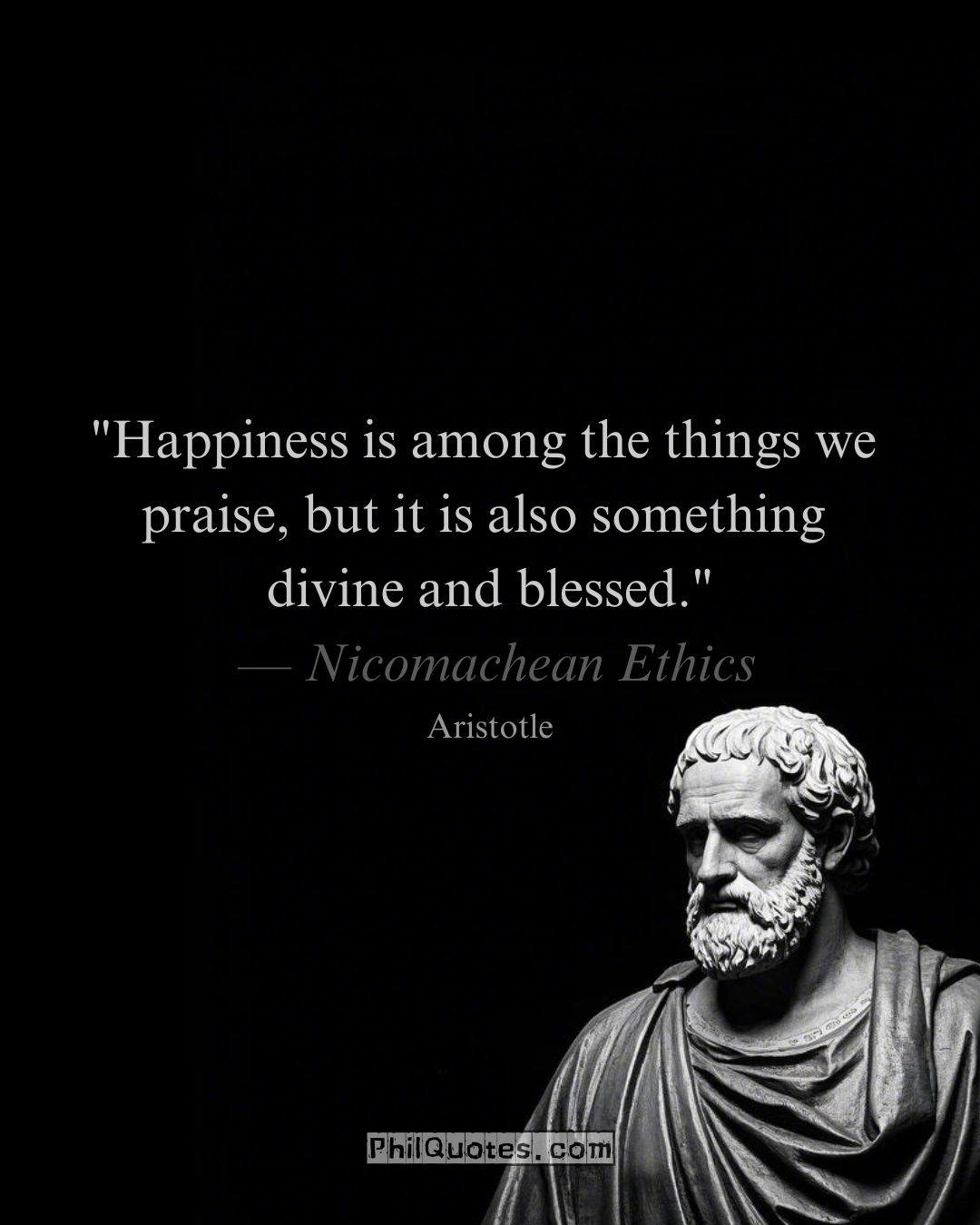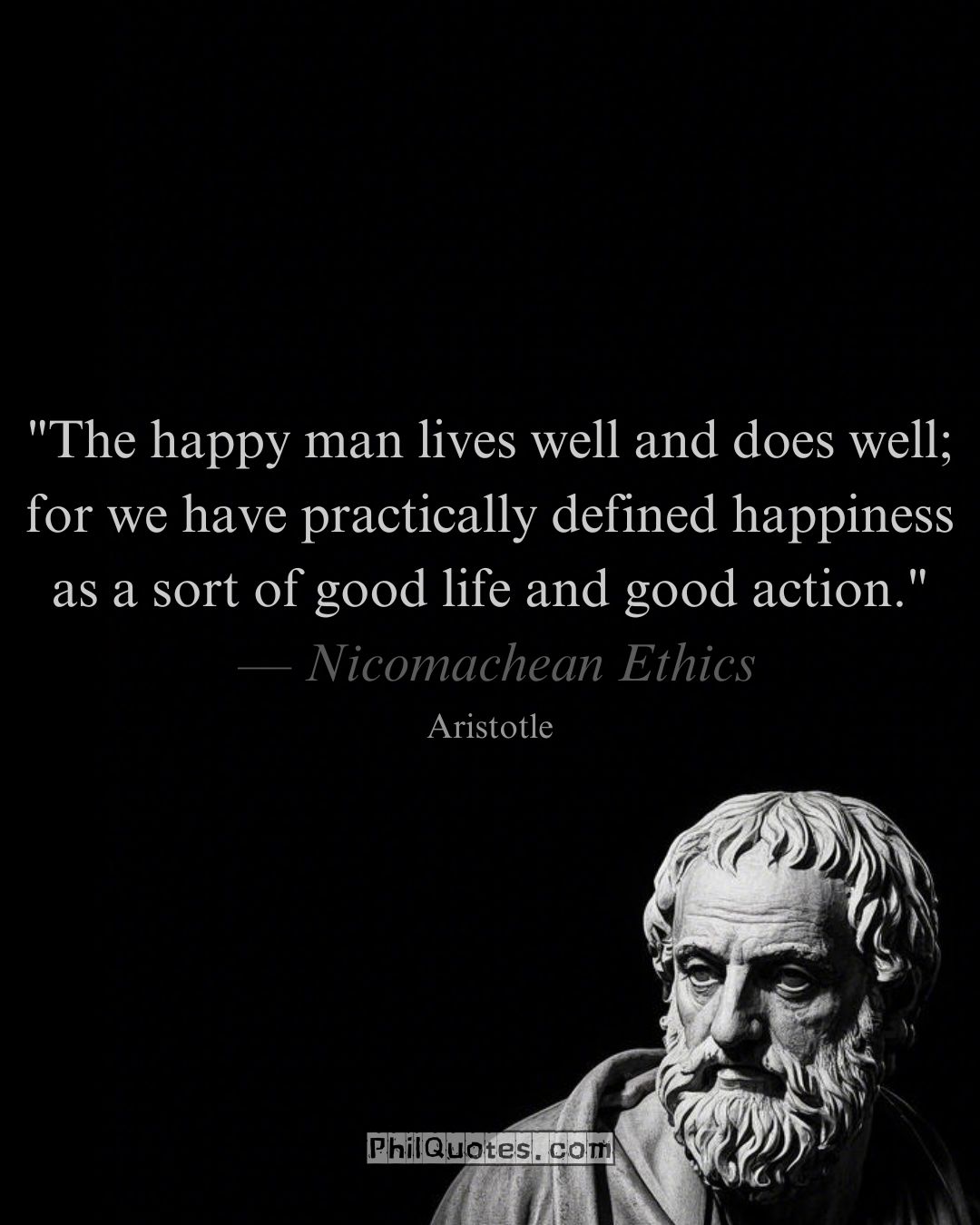Aristotle Nicomachean Ethics Quote: “Virtue is the state of character which makes a man good and enables him to perform his function well.”
“Virtue is the state of character which makes a man good and enables him to perform his function well.”— Aristotle, Nicomachean Ethics, Book I, Chapter 13 Explanation:Aristotle defines virtue (aretē) as the optimized condition of human character — a calibrated alignment of reason, emotion, and action that allows individuals to fulfill their unique purpose (ergon). … Read more
